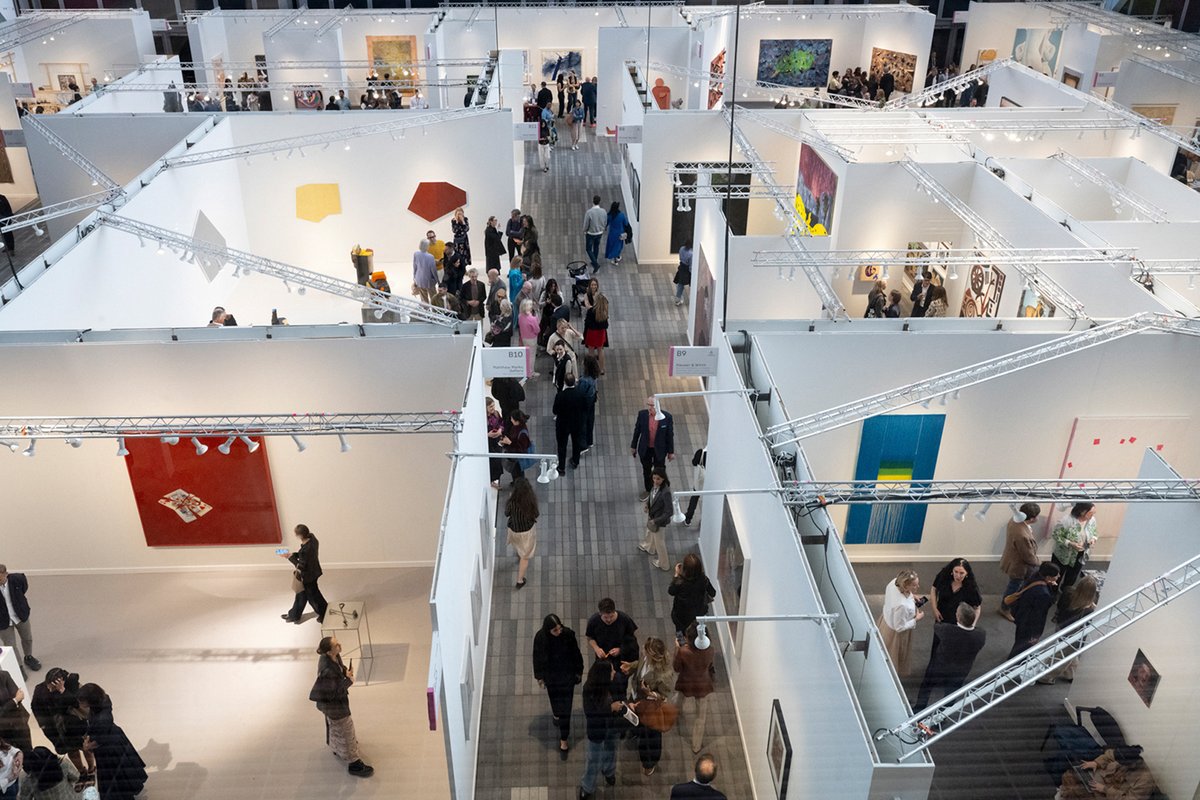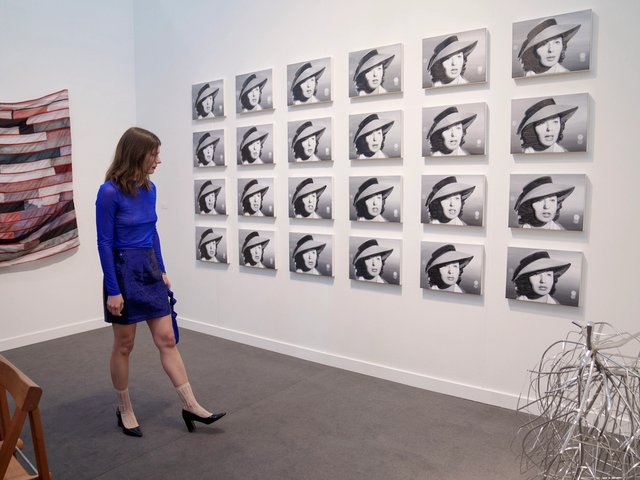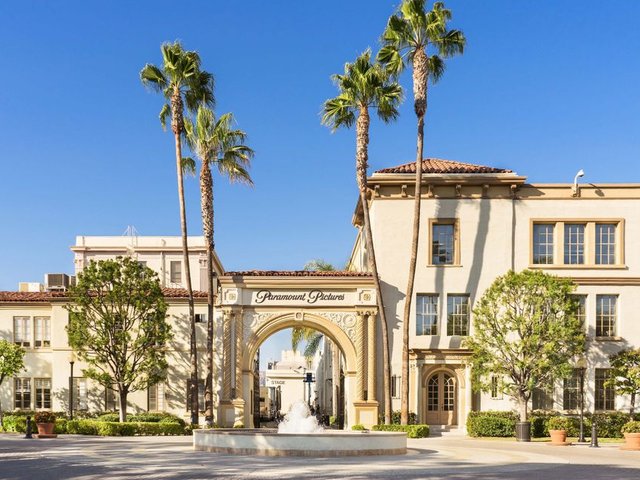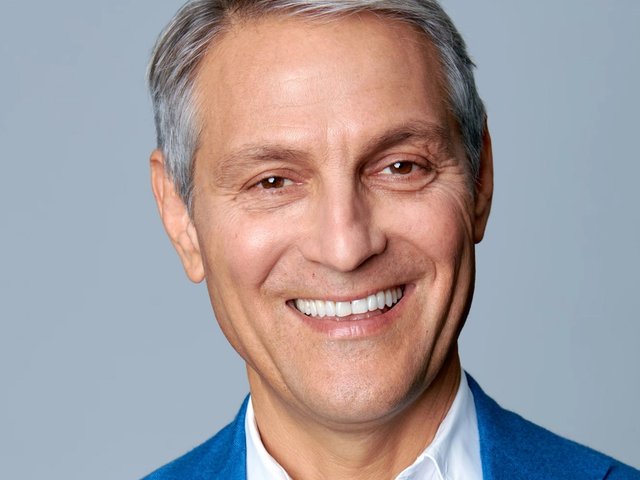With the ups and downs of 2024 now behind the art fair sector, attention returns once again to next month’s Frieze Los Angeles (20-23 February). Yet the greatest intrigue surrounding the brand concerns what will happen within its ownership structure, not its signature white tent at Santa Monica Airport.
Frieze’s parent company, the entertainment and sports conglomerate Endeavor, announced in April 2024 that it had struck a deal to be acquired in full by the private equity colossus Silver Lake at a $13bn valuation. Six months later, Endeavor made it known that, as a provisional part of this larger transaction, it was exploring the sale of select live-event assets in its portfolio—including Frieze, which the accompanying press statement called “the world’s leading platform for modern and contemporary art”. (Endeavor and Frieze are declining to comment on any potential sale “unless and until it determines that further disclosure is necessary or advisable”.)
Highest bidder wins
Amid New York’s November auctions season and Miami’s bombastic December art week, many missed fresh developments in this saga. Bloomberg reported on 7 November that Ari Emanuel, the chief executive of Endeavor, had notified the company’s board that he intended to bid on Frieze as well as the Miami and Madrid Open tennis tournaments. He had reportedly already raised $100m from investors. Bloomberg stated that the rest of Endeavor’s leadership has made it clear that it “won’t show Emanuel any favoritism and will sell to the highest bidder”, and that “several parties” have reportedly “already expressed interest in all three assets”. Endeavor declined to comment when contacted by The Art Newspaper.
Following standard procedure in mergers and acquisitions, Endeavor has enlisted an investment bank, the New York-headquartered Raine Group, to drum up interest among its clients for Frieze and the tennis tournaments. The next step should entail conducting a closed auction with multiple rounds to narrow the field of potential buyers to a single winner.
A question of values
This leads to the question most insiders are fixated on: What will Frieze’s sale price be? Marc Spiegler, the former global director of Art Basel, posted on Instagram last autumn that he had heard Endeavor was seeking $80m for Frieze. But beyond that, speculation has been in short supply, perhaps partly because relatively few in the trade know how an asset like Frieze would be valued.
Although buyers sometimes pay a premium for prestigious art brands, typically the valuation would be based largely on two reference points. The first is “forward free cash flow”, an estimate of the cash a company would probably generate after taking into account the costs to acquire or maintain its long-term assets and any expected appreciation in the brand. This figure is nowhere to be found in Endeavor’s publicly available filings—and fiendishly difficult to estimate without first-hand knowledge of the financials.
The second reference point would be the sale price of a similar asset or business. Yet there are very few, if any, legitimate market comparisons for a company that now comprises six art fairs across three continents (three of them requiring the construction of costly temporary tents for every new edition), a print magazine and the pop-up exhibition hub No. 9 Cork Street in London.
The guessing game
Another point of speculation concerns the post-sale fate of Frieze’s current leadership, headlined by chief executive Simon Fox. It has been a period of change at the company: in May 2023, Endeavor paid $16.5m to buy out the remaining 30% owned by the brand’s co-founders, Amanda Sharp and Matthew Slotover. Two months later Frieze announced the acquisitions of the Armory Show and Expo Chicago.
“If I was a buyer, I would probably want to make sure that certain key folks at Frieze would stay on board because I would presume they add value during a transition period at least,” says Gerold Niggemann, a partner specialising in mergers and acquisitions at the New York law firm Hughes Hubbard and Reed.
Who might the bidders be? Niggemann, who represented Patrick Drahi in his acquisition of Sotheby’s, says possible candidates to watch include not only individual billionaires but also the Gulf states and their sovereign wealth funds. Saudi Arabia, it should be noted, has been especially active since 2017 in trying to reshape global opinion about its government through high-profile sports and entertainment deals.
In the end, though, the soundest processes—and most promising list of prospective buyers—will only take Endeavor so far towards an acceptable bid for Frieze. As Niggemann puts it, “You can have the best strategies, but at the end of the day it all depends on the market.”





